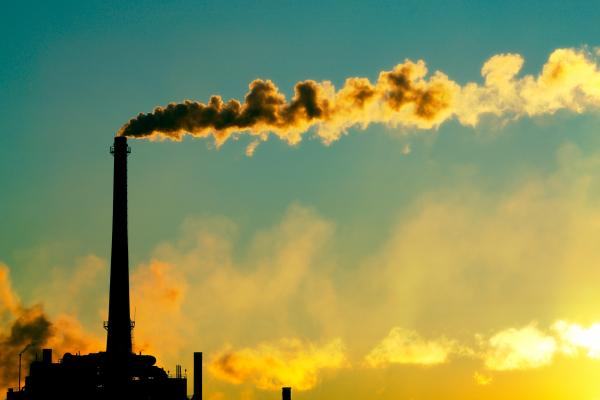How refreshing to see Roman Catholic Archbishop Thomas Wenski’s May 29 letter to EPA Administrator Gina McCarthy urging that the new carbon pollution rules on existing power plants should “protect the health and welfare of all people, especially children, the elderly, as well as poor and vulnerable communities from harmful pollution emitted from power plants and from the impacts of climate change.” The Miami archbishop was speaking on behalf of the U.S. bishops in his role as chairman of the U.S. bishop’s Committee on Domestic Justice and Human Development.
Since last Monday and even in the months leading up to the release of the new EPA rules governing carbon pollution, there’s been a battle royale in the media and the blogosphere between the fossil fuel industry (and their supporters) and the environmentalists (and their proxies).
Do an Internet search and read the accounts for yourself. Notice anything missing? As is usually the case in our “me-me” society, you’re not going to find the words poverty, the poor, the common good, human health, or future generations (well maybe a little on human health and the future). The arguments from the Right are: these regulations will kill jobs, cause utility bills to skyrocket, and devastate the economy. From the Left, the new regs will: create new jobs, dramatically decrease utility bills, and save the planet. No real dialogue, just talking past one another.
So thanks, Archbishop Wenski.
Since 2001, the U.S. bishops have supported prudent action on climate change: we don’t need to know everything with absolute certainty to know we need to act, they said at the time. Now the science is settled. But in the U.S. powerful interests with a huge economic stake in the status quo have stymied any real progress at the legislative level. To really move forward with national and global approaches to climate change, we need Congress to act, too.
Having just returned from a remarkable gathering of scholars convened in Rome by the Vatican’s Pontifical Academies of Science and Social Science, I can tell you that in the Global South, there is no scientific debate. They’ve moved on years ago. Developing countries are experiencing the impacts of climate change now and are rapidly seeking to reduce their own emissions and help their citizens adapt to the already-occurring consequences.
Let’s hope that the new carbon rules do all that the U.S. bishops wish including driving down carbon pollution and not adding to the burdens already faced by poor people and those whose livelihoods are dependent, for example, on coal mining. But let’s also remember, as Pope Francis reminded the world just last week, that “Creation is a gift, it is a wonderful gift that God has given us, so that we care for it and we use it for the benefit of all, always with great respect and gratitude.” This is way bigger than just economics. It is about life.
Dan Misleh is the Executive Director of the Catholic Climate Covenant based in Washington, D.C.
Image: Steam rising from a factory, Todd Klassy / Shutterstock.com
Got something to say about what you're reading? We value your feedback!
